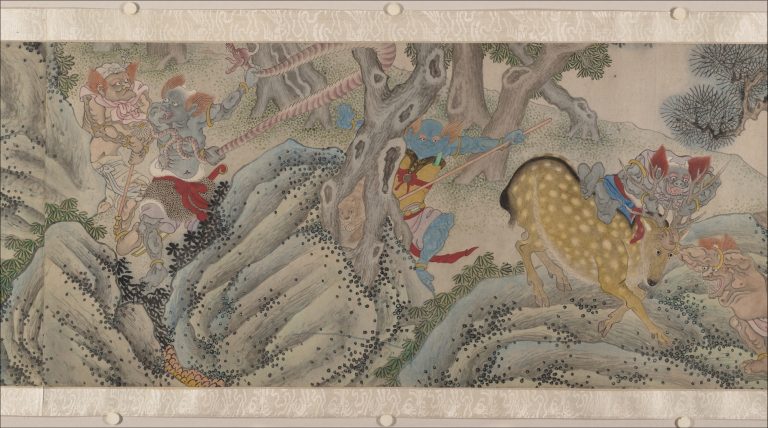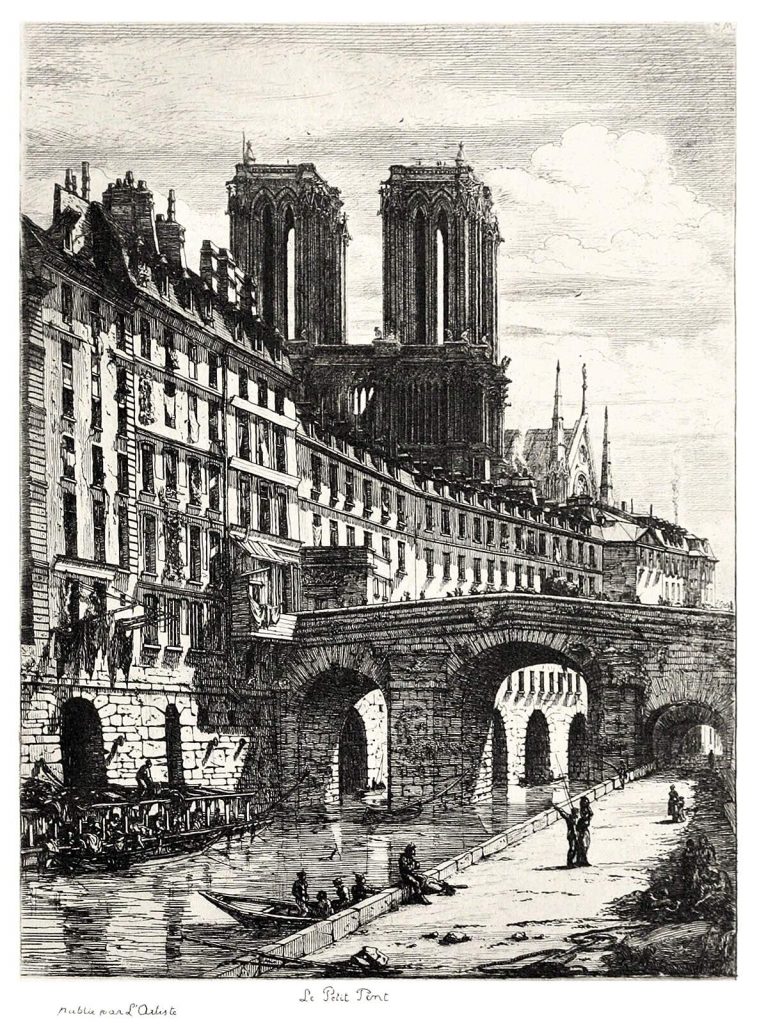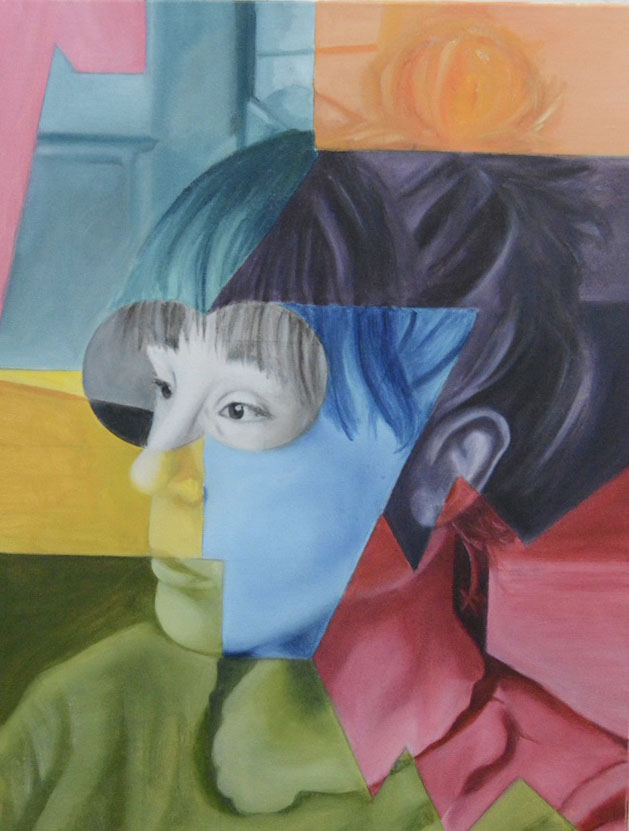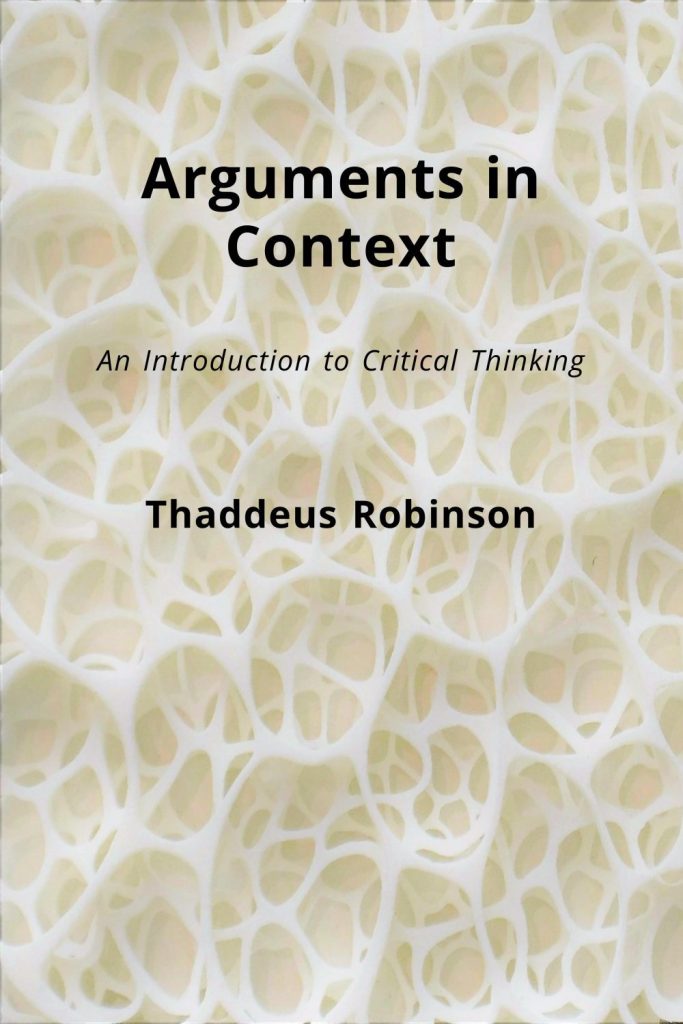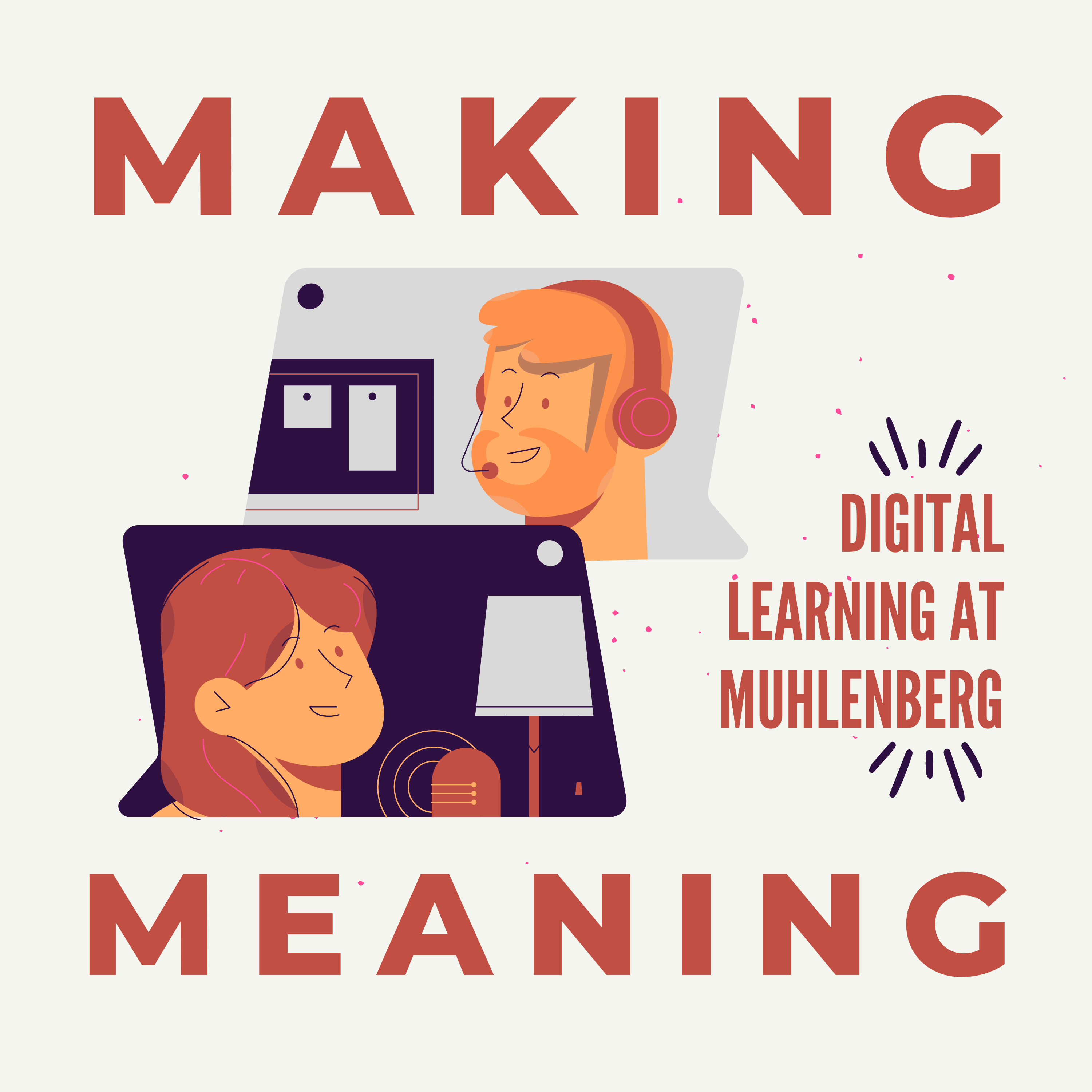Over the years we have been fortunate to work with brilliant students who have each left a mark on our Digital Learning Assistant program. We learned so much from each cohort of students. Their personal projects inspired us. Their partnerships and the peer mentoring shape our goals in digital learning. As student voices are central to our imagining of the DLA program, we knew it was only fair to highlight their experiences and hopes for future iterations of the program.
If you have not done so already, check out the rest of our series on the Digital Learning Assistant program:
Expanding Pedagogical Partnerships with the DLAs
A History of the DLA Program by the Numbers
Meet the DLAs (past and present)
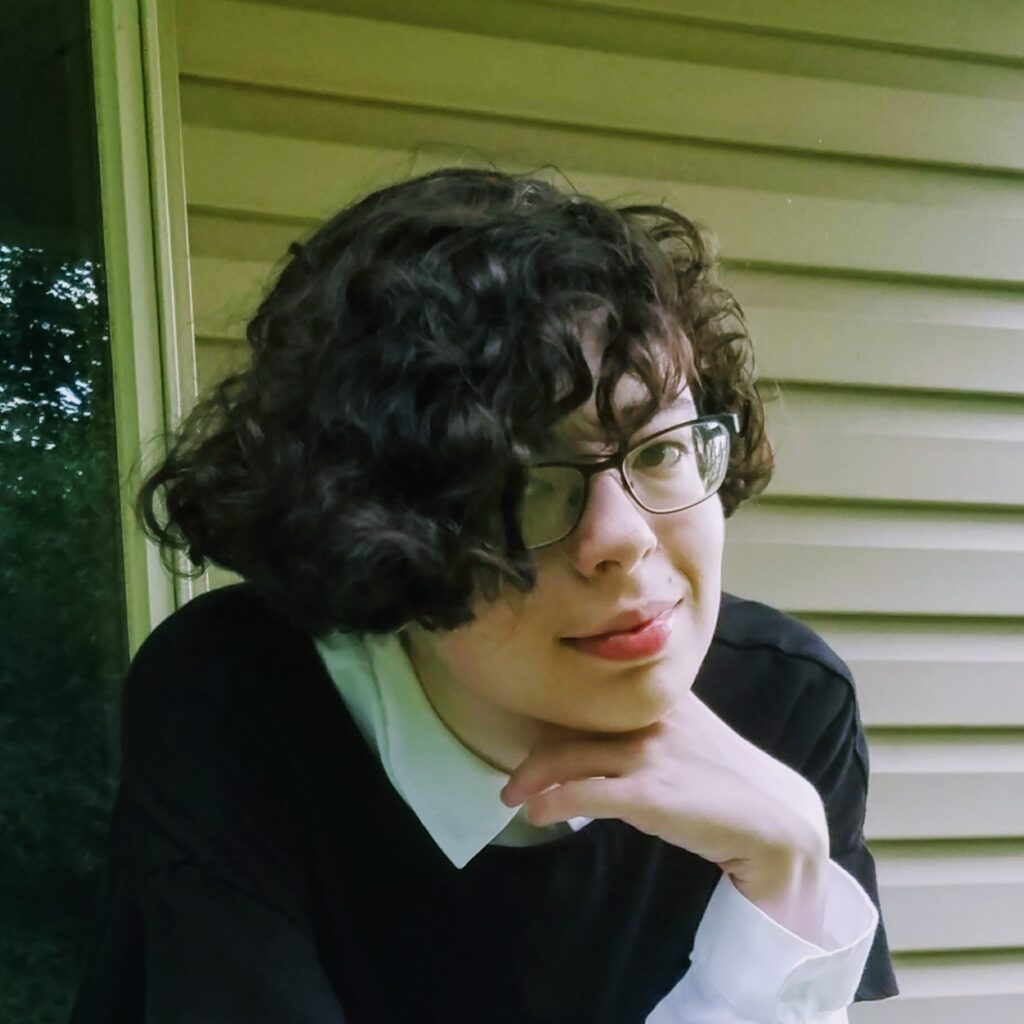
Rachel Bensimhon ’22
Major(s): Media and Communication
Minor(s): Computer Science
Rachel has been a DLA for 3 years and was, and continues to be, an integral part of Camp Design Online. She has served as a voice for students in a OER, online pedagogy, and much more. You can find her graphics all over our websites and throughout the HiVE.

Nicholas Cunningham ’17
Major(s): Biochemistry
Nick was an original DLA and worked with us for 1 year. During that time he helped shape the program and support the emerging BergBuilds initiative. Nick has since returned to campus as Public Services & Student Engagement Librarian.
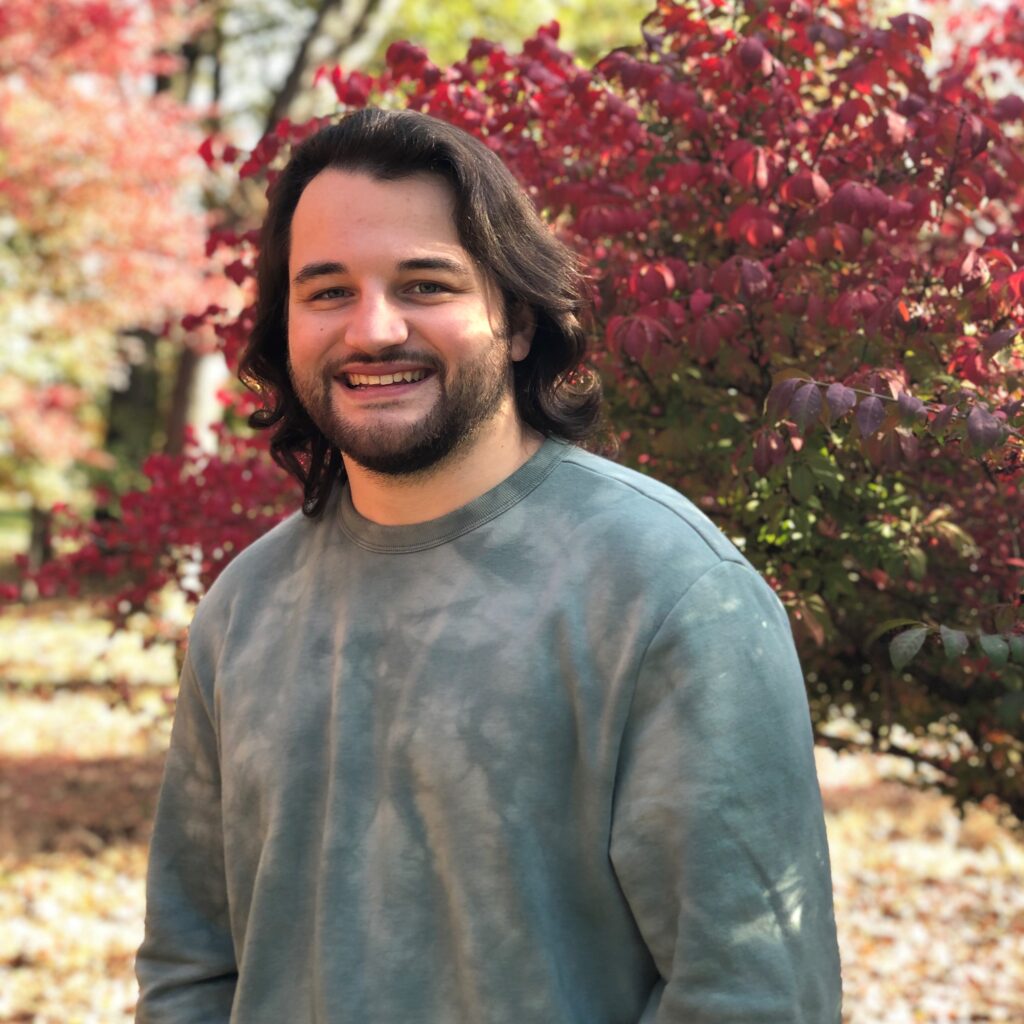
Anthony Fillis ’19
Major(s): Film Studies & Media and Communication
Anthony spent 2 years working for the DLA program. In that time he supported digital learning initiatives and published his senior thesis using BergBuilds. Anthony has returned to the Muhlenberg campus as an Instructional Technologist.
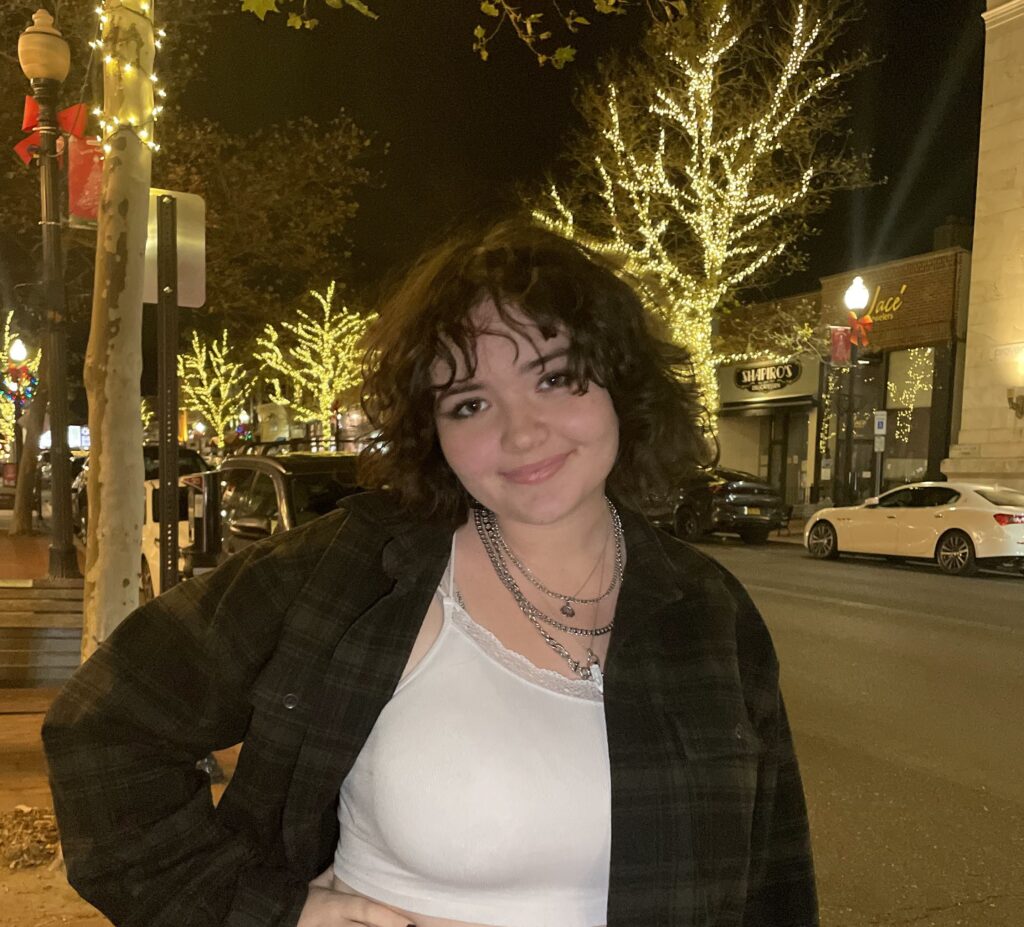
Niamh Sherlock ’23
Major(s): Theatre and Music
Minor(s): Business
Niamh has been a DLA for 2 years tackling challenges related to COVID19. An experienced podcast host and producer, Niamh created a limited series podcast and website chronicling the development of virtual theatre over the course of the pandemic.
What does it mean to be a DLA?
I’ve been a DLA since sophomore year (so for 3 years!) and I’ve really enjoyed my time as a member of the Digital Learning community. As part of being a DLA, I helped other students make digital projects and offered technical support and advice where needed, and I supported faculty through the Camp Design Online Cohorts and Open Educational Resource (OER) Learning Summits. During the cohorts and OER summits, I generally acted as a mediary/representative of the student community at meetings surrounding the building and distribution of Open Educational resources or (OERs). As part of these meetings, I did my best to speak to student experiences and voice how we might interact with digital pedagogy on the student end, hopefully offering another perspective at faculty/staff meetings.
Rachel Bensimhon ’22
Our DLAs started out learning digital tools that would support the campus community. This included BergBuilds, WordPress, StoryMapJS, TimelineJS, Google Maps, Omeka, Pressbooks, Hypothes.is, Voicethread, Canvas, and any digital tool they were asked about. While they diligently worked at learning these tools, they focused on perhaps the most important skillset we could offer, developing a caring and open teaching/mentoring style. As Nick noted in his response, “I wasn’t an expert that had all the answers right away, but a more informed guide to help someone navigate how they might utilize a certain tool.” Our DLA training asks each student to choose a focus (storytelling, mapping, blogging) and develop technical skills, but it also asks students to read Vygotsky, reflect on how they learn, and practice empathetic interactions.
Beyond that, many students used their time as DLAs to further their own digital projects. Anthony spent his down time working on his personal domain (linked above) and eventually used his online platform to publish his thesis. Another alum built and online shop to sell their artworks on a domain they purchased.
Drop-in hours turned into classroom partnerships and the program has been chugging along since. DLAs have helped transition our campus through the trials of a global pandemic. They even contributed a whole blog series “Wander Wednesdays” to voice their support and advice to faculty as we moved to campus wide online learning.
Favorite memory as a DLA
The DLAs shared their favorite memories with us and it was interesting to hear the similarities and differences. Many DLAs cite positive interactions with other students as a highlight of the program. Watching someone learn, learning alongside one another, these are things we value in our program and discuss during training. Other students noted personal achievements and learning goals that they pursued tangentially. At the center of it all is peer learning.
One standout moment for me was helping a student put together a blog for their Italian class. They came in asking for help getting started with their website, choosing a theme that they liked, and showing them how to put together a series of posts. I saw them in Seegers Union a few days later and they came up to me to say thank you! It was a really cool experience to see that my work really helped another person on campus.
Niamh Sherlock ’23
In drop-in hours, there’s one type of moment that I really love. It’s when I’m sitting with another student, and we’re looking at the computer screen together. We’re both staring down a difficult problem, an elusive bug, some kind of challenge, and searching for a way to overcome it. During these moments of collaboration, investigation, and imagination, we’re really engaged with what we’re doing, and singularly focused on solving the problems set before us. When we find a solution that works, it’s satisfying. If we don’t, that’s okay too, because we make new plans and try to find alternate ways forward. I love seeing these moments of engagement and focus appear in my work.
Rachel Bensimhon ’22
…I spent a lot of my time looking up different tools that could be useful in digital storytelling (the track that I chose to pursue). I often fell into rabbit hole after rabbit hole about what’s out there and how it might be able to be incorporated in the classroom. It was like I was able to expand my mind past merely what I was told was a possibility.
Nicholas Cunningham ’17
My favorite moment was perhaps the completion of my Media & Communications Honors Thesis. Though not directly related, I created a bergbuilds domain to house my thesis. This work truly was a culmination of my work as a student, but also all of my work as a DLA being exposed to the work on instructional technology, accessibility, and pedagogy. This is a project that still exists and that I am proud of. Being housed in a domain has allowed my work to live on, beyond my time as student.
Anthony Fillis ’19
What did you take from working as a DLA?
Being a DLA certainly prepared me for future work as a professional. Directly after graduation, I worked at a local TV News station. Being a DLA equipped me with the tools to be a well rounded quick learner, and the ability to quickly translate complex technical process in order to rise through the production ranks at the TV station. Beyond my work in video production directly after graduation, my work as a DLA essentially shaped a new career path outside of my course work. Being a DLA provided a foundation in instructional technology that opened other interests and passions that fed to my current position at the college. I would not be where I am currently without my time spent as a DLA.
Anthony Fillis ’19
I would say being a DLA has helped me become more comfortable with not having all the answers and developing stronger problem-solving/troubleshooting skills to combat the situation at hand. Patience was a big thing because students didn’t always have the strongest grasp of what they were supposed to be doing or how to use a tool. That just meant I have to be extra calm, not express frustration, and work through things step-by-step. Lastly, the self-exploration has definitely stuck with me and I genuinely enjoy trying different tools/resources for a task. There are so many things out there and that in of itself can change the nature of how I’d approach a project or an assignment for my students.
Nicholas Cunningham ’17
Anthony and Nicholas have both returned to the Muhlenberg College campus to work in OIT and Trexler Library respectively. Seeing former DLAs return to the community and having the opportunity to partner with them in their new roles has been an amazing experience. All four students noted the importance of the technical skills they had learned as well as the soft/transferable skills like project management, clear communication, and problem solving they used or continue to use as DLAs.
Where should we take the DLA program next?
I have lots of ideas for the future of the DLA program! I think there is so much potential in collaborating with faculty and staff on various digital projects, as well as branching out into other aspects of digital pedagogy such as teaching toward media design, research skills, etc. I want to support these efforts wherever possible. I’d personally like to design more open-access resources on digital tools/pedagogy that students, faculty/staff, and future DLAs alike can all benefit from.
Rachel Bensimhon ’22
Each of the DLAs expressed interest in working more closely with faculty and being embedded within the course to better support and understand the digital projects students were creating. As we move towards a new approach to our DLA model, we hope to more concretely define pedagogical partnerships between our students and faculty. Student’s can offer so much more than just peer support. They can lend their thoughts to course navigation, assessment, and content delivery. Stay tuned for our next post in the DLA series outlining the new model!
